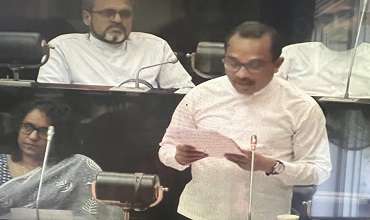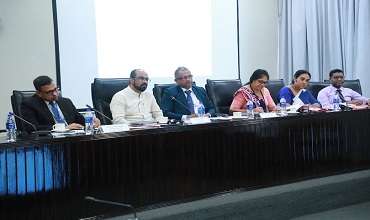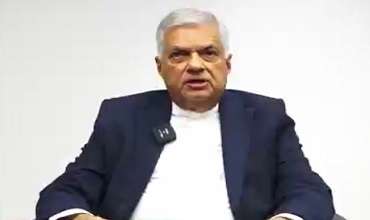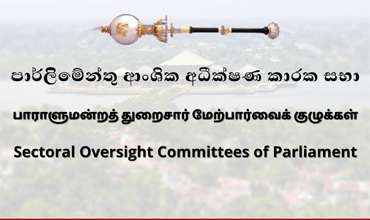(REUTERS) Bangladesh's Supreme Court rejected a final appeal on Sunday by a leading militant and two others against death sentences imposed over a grenade attack on the British ambassador in 2004, lawyers said, meaning they could be hanged at any time.
Three militants, including Mufti Abdul Hannan, the head of the Harkat-ul Jihad Islami group, were convicted and sentenced to death in 2008. Three people were killed in the May 21, 2004, attack and about 50 wounded, including then British High Commissioner Anwar Choudhury, who was hit in the leg.
A panel of three judges headed by Chief Justice Surendra Kumar Sinha rejected the petition that sought a review of the death sentences, Attorney General Mahbubey Alam said.
"Now there is no legal bar to hang them, unless they seek clemency from the president and the president pardons them," Alam told reporters.
Defense lawyer Nikhil Kumar Saha said: "It is up to them whether they will seek clemency from the president or not."
The Supreme court upheld their death sentences last year.
Harkat-ul Jihad Islami was blamed for several other attacks, including a bomb blast later in 2004 at a rally by then opposition leader Sheikh Hasina, who later became prime minister. That attack killed 23 people and wounded more than 150. Hasina suffered partial hearing loss.
Hannan was also sentenced to death for a bomb attack on a Bengali New Year's celebration in 2001 that killed 10 people dead and wounded scores.
You can share this post!
Content

Public Security Minister Ananda Wijepala told Parliament today that the suspect in the rape of a lady doctor at the Anuradhapura teaching hospital has been identified as an army deserter and he will be apprehended shortly.

Police have arrested the suspect connected to the sexual assault on a female doctor at the Anuradhapura Teaching Hospital today morning in Galnewa.

The Dutch Public Prosecutor suspects two companies of paying bribes in the construction of hospitals in Sri Lanka, according to an investigation by FD, the Dutch financial newspaper.

The Government today tabled in the House the Report of the Commission to Inquiry into the Establishment and Maintenance of Unlawful Places of Detention and Torture Chambers in the Batalanda Housing Scheme.

The Minister of Power, Kumara Jayakody, stated that in the future, internationally funded projects, such as power projects, will only be carried out through government-to-government (G2G) agreements and competitive procurement.

Former President Ranil Wickremesinghe said today he wholly rejects the Batalanda Commission report and that it was appointed wholly with the intention slinging political mud at him.






Leave Comments